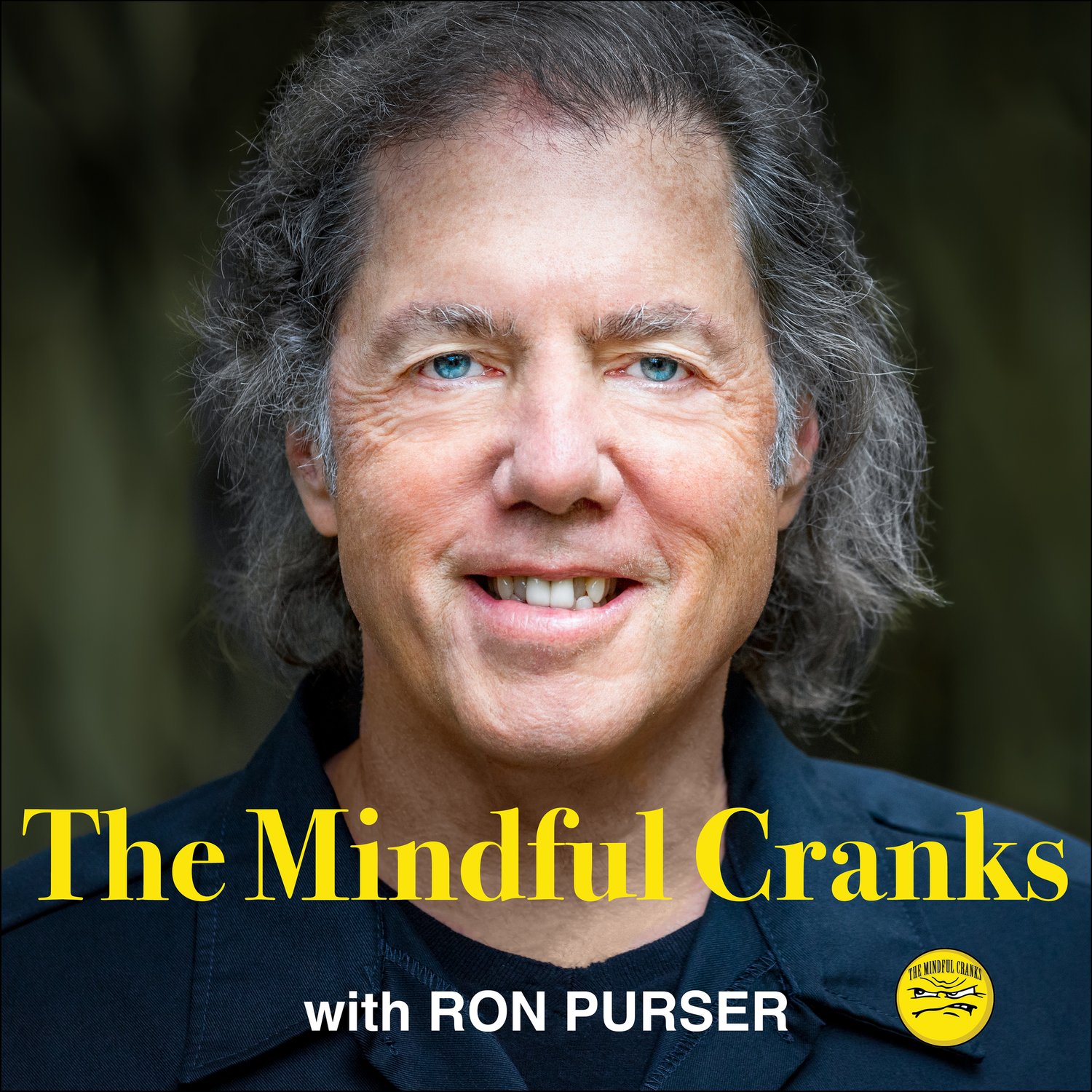Episode 12: Deborah Rozelle And David Lewis - Are Mindfulness-Based Interventions The Essence Of The Buddhadharma?
Dr. Deborah Rozelle is a clinical psychologist who trains widely on psychological trauma and its relation to contemplative practice. She is co-director of the Jewel Heart Buddhist Chaplaincy Program, co-editor of Mindfulness-Oriented Interventions for Trauma: Integrating Contemplative Practices, and was Senior Fellow for the Initiative for Transforming Trauma at Garrison Institute. She is a long-time Buddhist practitioner under the tutelage of the late Gelek Rimpoche.
Dr. David Lewis is a student and independent researcher of western and eastern philosophical and psychological traditions. David is a retired computer scientist, mathematician and software development manager, and served on the faculty of Brown University, Cornell University and Ithaca College. He is a long-time Buddhist practitioner under the tutelage of the late Gelek Rimpoche.
In this episode, Deborah and David begin by discussing their work with trauma and its relationship to contemplative practice. We then examine mindfulness-based interventions (MBIs) such as MBSR and MBCT, comparing these often beneficial psychological self-help programs to the fundamental tenets and ultimate goals of the Buddhadharma. Deborah and David employ a unique analogical methodology to compare both trauma and MBIs with the Buddhadharma teachings and practices, focusing on commonly used terms as suffering (dukkha), impermanence, and no-self. Our discussion takes aim many of the claims put forth by Jon Kabat-Zinn – the MBSR (and other MBIs) embody the essence of the Dharma. This discussion is based on their chapter, "Mindfulness-Based Interventions: Clinical Psychology, Buddhadharma, or Both? A Wisdom Perspective," which was published in the Handbook of Mindfulness: Culture, Context and Social Engagement (Springer, 2016). Some of their work relating trauma and Buddhadharma can be found at a 2015 Harvard Divinity School symposium.
